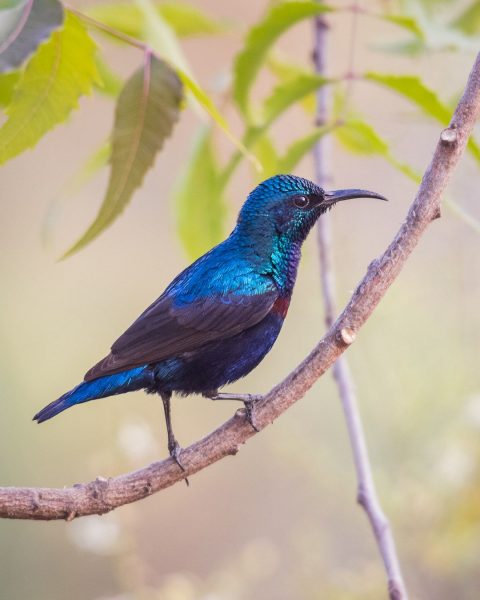… though not without a trace of hope:
Death is like painting rather than like sculpture, because it’s seen from only one side. Monochrome—like the mausoleum-gray former Berlin Wall, which kids in West Berlin glamorized with graffiti. What I’m trying to do here.PETER HITCHENS: Is shutting down Britain – with unprecedented curbs on ancient liberties – REALLY the best answer? - Mail Online - Peter Hitchens blog
The former editor of The Times, Sir Simon Jenkins, recently listed these unfulfilled scares: bird flu did not kill the predicted millions in 1997. In 1999 it was Mad Cow Disease and its human variant, vCJD, which was predicted to kill half a million. Fewer than 200 in fact died from it in the UK.
The first Sars outbreak of 2003 was reported as having ‘a 25 per cent chance of killing tens of millions’ and being ‘worse than Aids’. In 2006, another bout of bird flu was declared ‘the first pandemic of the 21st Century’.
There were similar warnings in 2009, that swine flu could kill 65,000. It did not. The Council of Europe described the hyping of the 2009 pandemic as ‘one of the great medical scandals of the century’. Well, we shall no doubt see.
Nurses Share Coronavirus Stories Anonymously in an Online Document - The New York has Times – “More than 1,200 health care workers have used a private online document to share their stories of fighting the coronavirus pandemic on the front lines. In their accounts, they say the outbreak has turned American hospitals into “war zones.” They talk about being scared to go to work and anxious that they will become infected. They describe managers who seem to not care about their plight. “But we show up and have to keep showing up,” one nurse wrote, “and we have to test ourselves.” The document was created on March 19 by Sonja Schwartzbach, a nurse in New Jersey who is studying as a doctoral student. She said she had started compiling the accounts after she determined that hospital conditions were “far worse” than most people realized and that her fellow health care workers needed a place to share what they were seeing. “There was such desperation,” she said in an interview. “And it wasn’t being adequately addressed in the news media.” Ms. Schwartzbach, 34, asked contributors to provide their accounts anonymously, so that they could be candid without fear of losing their jobs. “There’s also a history within nursing of retaliation,” she said. At the top of the document, Ms. Schwartzbach made an appeal to anyone in the field who had something to contribute: “This isn’t a polite request: This is an urgent demand. Tell me your story. Share your situations. I understand that it can feel challenging to be candid as a health care provider, but this is the difference between life and death.”
